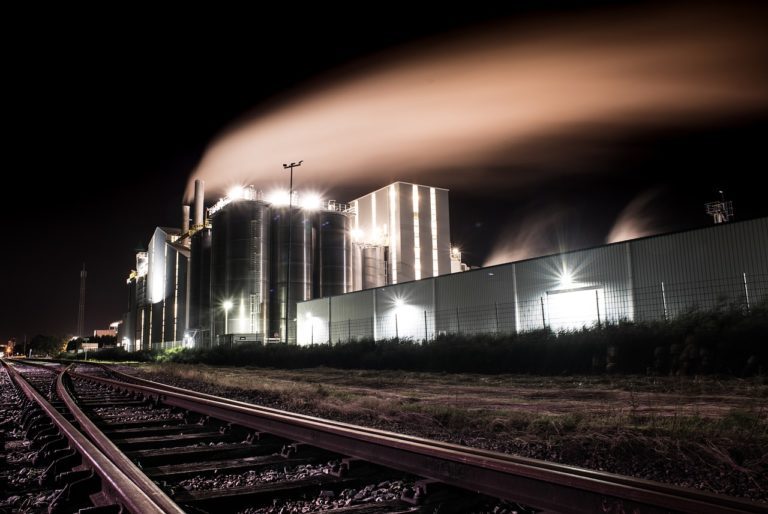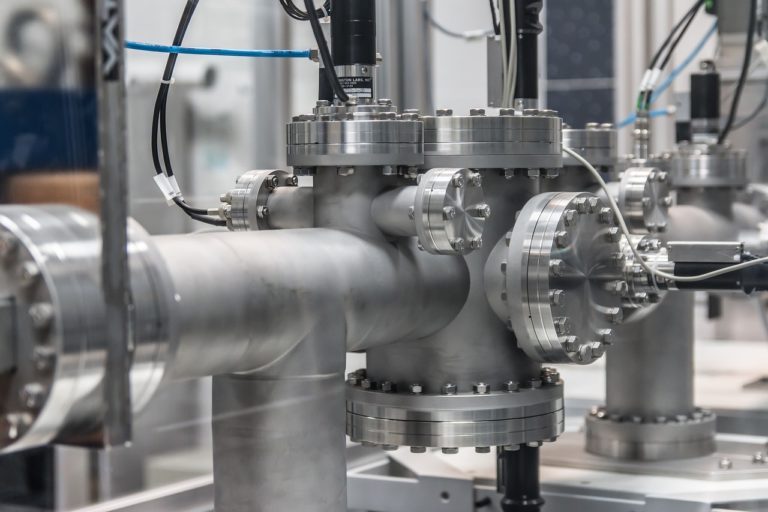Posted on: 26th February 2018 by Vicente Martin
Technical due diligence is one of the Strategic Support Services we offer at Innoval. If you’re looking for an independent, honest and technically accurate account of the current state of an operation and of its future potential, we can help you.
In this blog I will explain some of the questions we seek to answer on behalf of our clients when carrying out a technical due diligence study of an aluminium rolling operation.
The changing industry

Throughout the last decade, numerous changes and consolidations have reshaped the aluminium industry.
Big monolithic groups covering the whole of manufacturing cycle have been divided and split into smaller units. State owned national aluminium industries have transformed into public ventures. Supply now comes from different countries around the world. We have seen numerous changes of ownership and restructurings. Sadly, many plants haven’t survived the turmoil and change.
When it comes to exploiting opportunities for mergers and acquisitions in the aluminium rolling industry, carefully crafted teams of professionals initially evaluate the financial side of the business. In most cases, the plant is already in a fragile or delicate state. Consequently, it is the job of these teams to identify the weak areas and find a way to turn them around.
Devising a plan
Once they’ve identified the weak links, the team needs to devise a business plan to eliminate them. For example, the business may have been focusing on the wrong products, had too many quality problems or underutilised its assets. Whatever the reason, a plan is critical.
The next question is then ‘how successful will all the changes be?’ This is an area where Innoval’s consultants can offer some insight.
Basic technical due diligence

When assessing at a plant, you can just look at the potential value of installed equipment. Alternatively, you could find out the market value of similar equipment for a greenfield plant. In addition to this, you need to take into consideration the level of maintenance and what’s required to bring the equipment back to prime condition.
This is the simplest form of technical due diligence. However, it does not answer the key questions. The next paragraphs list important questions which technical due diligence teams should consider.
What about new markets?
If the plant needs to enter a different market, are the machines capable of doing the required task? Will the equipment power be enough for different alloys and widths? Is the equipment capable of providing the right quality and productivity? Are modifications needed? Is the required process achievable, and do the plant personnel have the know-how to achieve it? Is the technology just in the hands of the operators?
How does performance compare?
If the performance of the plant is poor, how does it compare with its peers? Are the operations or the flow paths strange in any way? Are the machines efficient, and is there room for improvement without major investment? Will it be easy to improve the performance or will it be a technical challenge? Finally, is the operation at risk of losing particular markets or customers?
Is it future proof?
If the raw materials need to change, for example to accommodate an increased use of scrap, are the melting furnaces capable of absorbing it? Can lower grades of scrap or painted stock be used in an environmentally sound way? Will the plant be able to manufacture the required alloy mix?
How Innoval can help

An aluminium rolling plant is far from being a standardised arrangement of machinery and processes. Its present state is the result of years of modifications and shortcuts to overcome technical and processing challenges. For example, the plant may have been designed originally to make one product, but the current owners adapted it to produce something different.
It is possible that they used lower grade machine elements or auxiliary materials which have caused constraints in quality or productivity. Whatever the case, a seasoned consultant can normally smell something fishy when looking at the plant and point it out.
Industry experience
Innoval’s consultants, such as myself, have decades of experience visiting manufacturing plants all over the world. Furthermore, most of us have held production roles within them too. We can point out potential problems in your plans or help you write new ones. Consequently, whatever the degree of involvement you want us to take in your examination, it is unlikely that you’ll find technical surprises in the future.
Finally, you might want to take a look at this brief case study of a technical due diligence project we did for Hypo Alpe Adria (now Addiko Bank).



